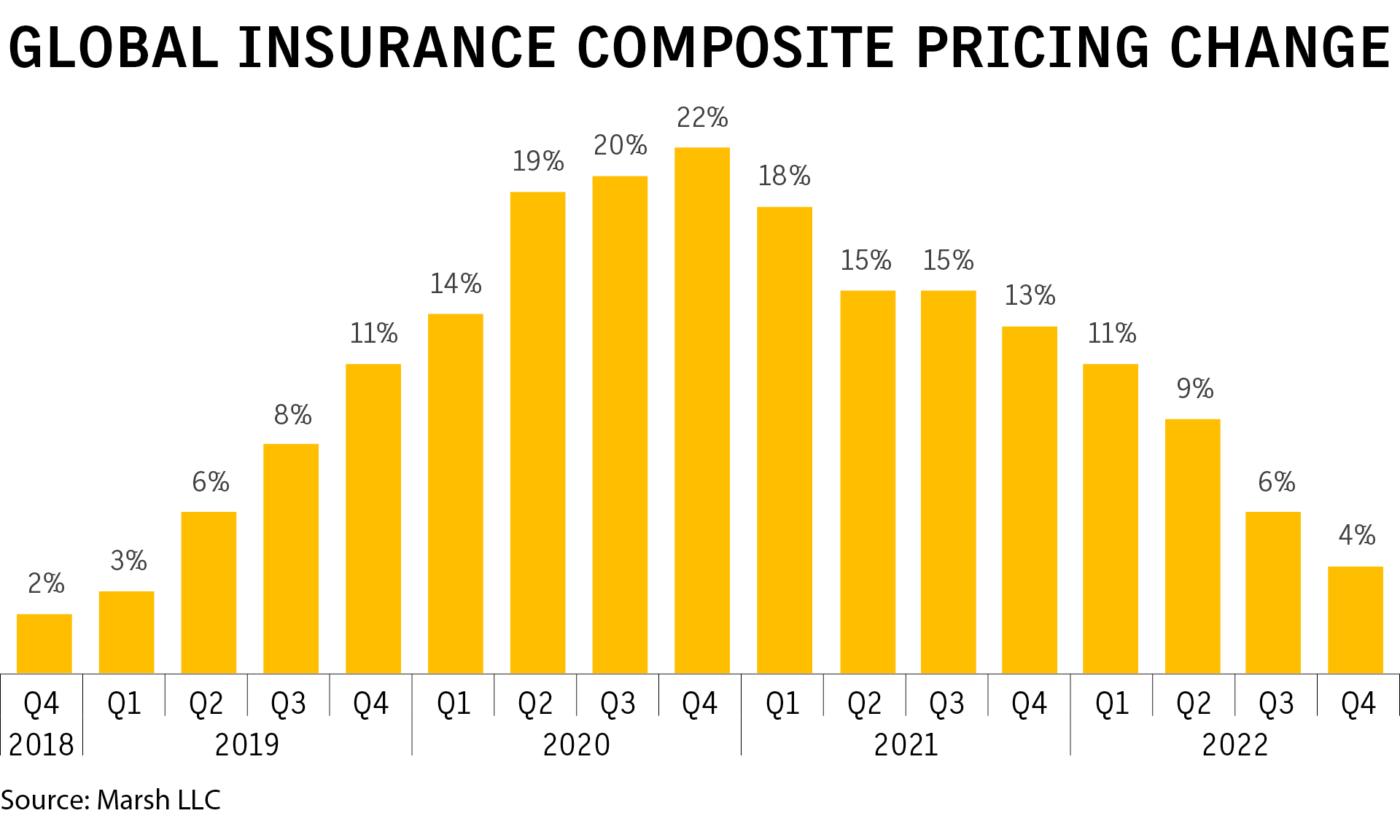Economic Struggles Continue to Impact Small Business Owners in 2025
A new survey conducted by NEXT Insurance, a digital-first insurtech company dedicated to serving entrepreneurs, sheds light on the mounting pressures facing small business owners in the United States as they navigate through 2025. The results, compiled from 500 respondents nationwide, reveal ongoing concerns over inflation, labor shortages, and an increasing lack of confidence in insurance coverage.
Inflation Remains a Leading Challenge for Small Business Owners
The research confirms that inflation continues to be the top economic challenge for small businesses, with 62% of participants identifying it as their primary concern. Although this marks a slight decline from 68% in 2023, inflation still poses a significant threat to daily operations, cost management, and overall profitability.
Adding to this economic burden is the growing anxiety around shifting consumer behavior. Roughly 43% of respondents cited reduced customer spending as a cause for concern, pointing to persistent volatility in consumer demand and buying patterns. For many entrepreneurs, these two issues—rising prices and slowing demand—are creating a difficult balancing act between maintaining revenue and controlling costs.
Small Business Workforce Shortages Have Doubled Since 2023
Labor shortages have emerged as another critical concern for small firm owners. According to NEXT Insurance, the percentage of business owners citing staffing issues has more than doubled in a year, rising from 14% in 2023 to 30% in 2025.
The growing challenge of hiring and retaining skilled workers is placing added pressure on operational efficiency. Many small firms are being forced to offer higher wages, increased benefits, or flexible work environments to compete with larger companies. For startups and new ventures, these costs may be prohibitive, acting as barriers to entry in already competitive markets.
Small Business Insurance Ownership vs. Confidence Gap
Despite the economic and operational challenges, a significant 92% of respondents reported having some form of insurance coverage for their businesses. However, only a small fraction—13%—felt fully prepared to deal with potential risks. Even fewer (just 14%) stated that their insurance policies were tailored to meet the specific needs of their small business.
This disconnect between insurance ownership and risk preparedness reveals a broader issue in the market: many business owners are relying on generic policies that may not offer adequate or relevant protection. Whether it’s liability, property damage, or business interruption coverage, off-the-shelf policies often leave gaps that could prove costly when incidents arise.
Understanding Insurance Policies Is a Major Obstacle for Small Businesses
The study also highlights a lack of clarity among small firm owners regarding the specifics of their insurance coverage. Over two-thirds of survey respondents admitted to struggling with understanding policy terms, coverage limits, exclusions, and other vital details.
This widespread confusion underscores the need for clearer communication between insurance providers and the businesses they serve. A policy is only as valuable as a business owner’s ability to understand and utilize it effectively. Misinterpretations can lead to denied claims, unexpected liabilities, or financial strain during crises.
Tailored Insurance Solutions Needed for the Small Business Sector
The data from NEXT Insurance presents an urgent call to action for the insurance industry. As small businesses face unique and evolving risks, especially in today’s volatile economic landscape, standard insurance products no longer suffice. Chris Rhodes, President & Chief Insurance Officer at NEXT Insurance, emphasized the point:
“Small firm owners are demonstrating remarkable resilience amid economic headwinds. This data underscores the importance of providing accessible, tailored insurance solutions to help these businesses navigate their specific needs and protect their operations during times of market volatility and overall uncertainty.”
Insurers must rethink their approach by offering customizable policies that are built around the operational realities of small firms. Moreover, the ability to access and understand these policies through user-friendly digital platforms will be crucial to improving trust and coverage confidence.
What Insurance Agents and Brokers Can Do for Small Business Clients
For insurance agents and brokers, these findings present both a challenge and an opportunity. The challenge lies in the rising expectations from small business clients who demand more personalized and transparent support. But the opportunity is in becoming a trusted advisor—someone who not only provides a product but also delivers insight, education, and tailored solutions.
To better serve small businesses, brokers should consider:
Conducting regular policy reviews to ensure adequate coverage.
Using clear, jargon-free language to explain terms and exclusions.
Leveraging digital tools to streamline policy access and updates.
Offering sector-specific policies that reflect unique risks and regulations.
Conclusion: Building a Stronger Future for Small Business Insurance
NEXT Insurance’s 2025 survey paints a sobering yet actionable picture of the small business landscape. Entrepreneurs across the U.S. are dealing with financial instability, staffing shortages, and uncertainty about whether their insurance policies truly protect them.
Yet, amid these challenges lies the opportunity for the insurance sector to adapt and innovate. Through personalized policies, better communication, and user-centric digital experiences, insurers and brokers can help small businesses feel more confident and secure.
As the economic landscape continues to shift, those providers that can offer tailored, understandable, and flexible insurance products will not only gain a competitive edge—they’ll become essential partners in the success and longevity of small business enterprises.




